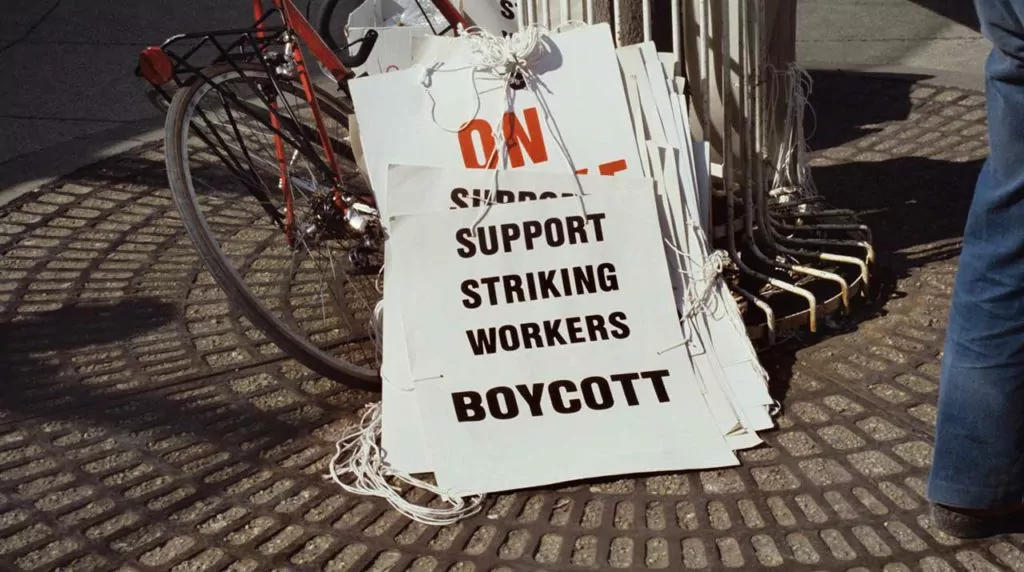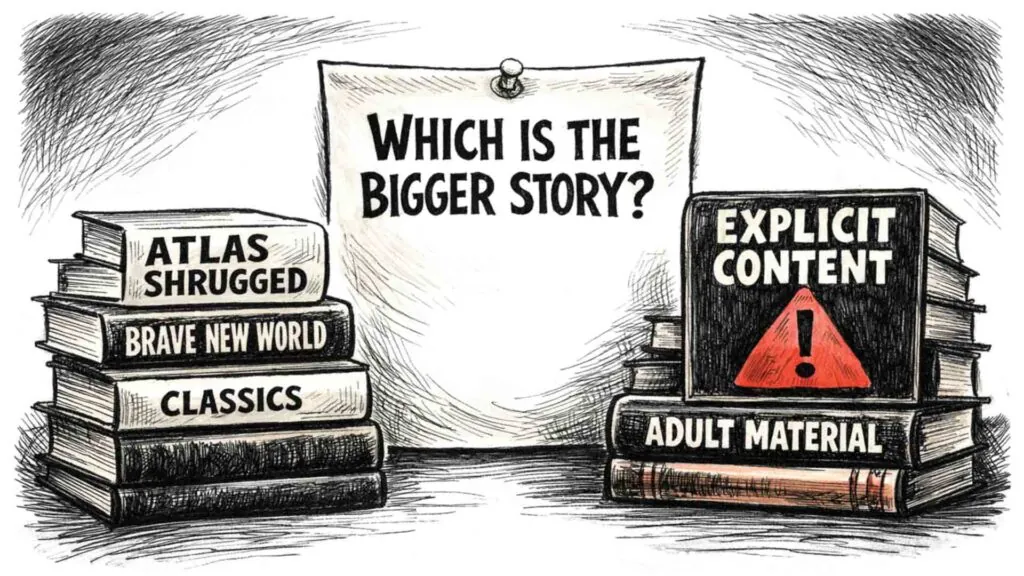I grew up hearing horror stories about unions but little else. Unions were bad because union members threw bottles and sticks at their opposition. Later on I found that unions often supported political parties that favored abortion. There was more harsh criticism when a teacher’s union went on strike, demanding more money and holding the students for ransom. Unions were bad because their actions were bad.
But is it possible to have a good union, even a Christian union? What if such a Christian union took a stand against picket line violence, didn’t support political parties, and didn’t strike? Would there be a place for this type of union? Maybe.
Is there such a union now? No.
The Christian Labour Association of Canada (CLAC) almost fits the bill. It’s certainly against picket line violence, and doesn’t support any political parties. That already elevates it above almost every other union but the CLAC is better than other unions in still other ways. Secular unions’ are condemned in most Reformed circles for several reasons, including:
- Many require an oath of allegiance promising unconditional obedience to the principles of that union’s constitution. Christians can’t promise this type of obedience to anyone or anything besides God.
- Secular unions promote a class struggle between employers and employees, as if the two were natural enemies. Whereas the Bible instructs us to love our neighbor as ourselves, these unions encourage animosity between owners and their employees. The idea of a class struggle between the rich class and the poor class is accepted as inevitable by these unions (Karl Marx also thought it was inevitable).
Unions strike. - In contrast the CLAC recognizes God’s supremacy and encourages a cooperative environment between employer and employee. Instead of advocating a class struggle they repeatedly emphasize respect and cooperation.
But while the CLAC differs from most unions in these respects, it still shares the other unions’ willingness to go on strike. They go on strike a lot less often, but they still go on strike. So the question is, can Christians go on strike?
What Are Strikes?
Employees have always had the ability to leave their jobs when they’re unhappy with either the working conditions or their salaries. All they have to do is quit. When employees strike, however, they leave their jobs and prevent anyone else from taking them. They retain a claim to their job even as they vacate it. There is also a coercive element to strikes. They are designed to force employers to capitulate to employee demands.
And what’s wrong with that? The first problem is the harm caused by just such a strike. Whenever a business is shut down by a strike the people who have come to depend on that business suffer. The most obvious example is a teacher’s strike, where the students suffer, but the same thing happens no matter what type of business is involved. A strike at a tire manufacturer will hurt (and maybe even shutdown) the automaker that’s dependent on that tire supplier. The striking workers hurt innocent third parties.
I once heard a union representative argue that there was no such thing as innocent third parties. He reasoned that if company B bought supplies from company A because of A’s good price, and A had a good price because he unjustly underpaid his workers, then B was at least partially responsible for this injustice. B was encouraging injustice by supporting an unjust employer and so B would only get what he deserved if he was hurt by a strike at company A.
This whole argument hinges on the union representative’s idea of justice. He thought it was unjust to underpay workers. It might very well be, but who exactly is supposed to decide what a just wage is? Is $5 just? How about $10? Obviously it depends on the type of work. A McDonald’s employee can’t expect to get paid as much as computer engineer. But still the question remains, exactly how do you determine a just wage for these two positions? Wages, just or not, were at one time determined by free enterprise ideas of supply and demand. The lower the supply of qualified workers, and the higher the demand for those workers, the higher the wage would be. And vice versa. So an entry-level unskilled position at McDonald’s, a position anyone could fill, receives a low wage, and a highly skilled, sought after computer engineer makes hundreds of thousands. On a basic level this seems fair, and even just to most people. We can clearly understand why some people are paid more and others are paid less. Skilled people get paid more and people in unpopular jobs get paid more because they are skilled, and because they are willing to do jobs no one else will.
But when unions are thrown into the mix things get a bit peculiar. Have you ever wondered why mailmen get paid so much? Well back in the good old days of my father’s youth (long, looooong ago) they weren’t paid much more than an entry-level wage. After all, it didn’t take a lot of brains to deliver mail, (really, how different is it from what your paperboy does?), so the post office didn’t have to offer a high wage to attract employees. But then unions got involved and someone decided that mail delivery wasn’t an entry-level position, it was a career. Minimum wage obviously wasn’t good enough for a career position (perhaps it was even called unjust) so with the help of a number of strikes the union managed to substantially increase their workers wages. And they managed to substantially increase the cost of mail too.
But why did their wages increase? Only because the union decided their jobs were career positions, not entry level. The union decided, and it had nothing to do with justice or fairness. And when steel workers, or grocery store clerks go on strike for another 25 cents an hour, it again is simply a union decision, and it has absolutely nothing to do with justice. Any attempt to link pay increases to justice is simply rhetoric meant to disguise the harm being done to the truly innocent third parties.
And that’s what’s wrong with strikes. Strikes hurt third parties, not to further the cause of justice, but to further the striking workers’ own welfare. The striking workers are thinking only of themselves.
Non-striking Unions?
Selfishness is only one problem with strikes. The coercive nature of strikes, where the employees try to bring their employer to his knees, isn’t exactly in keeping with a Biblical theme. But if strikes are bad can unions be good?
Yes, because unions don’t have to go on strike. As mentioned before, employees have always had the option of quitting their jobs if they were unsatisfied with either the working conditions or the wages. If employees didn’t have this ability they would be little more than slaves. Now, if a certain employer decides to pay unreasonably low wages, this non-striking union could advise its members to quit and seek employment in more profitable fields. But that isn’t all such a union could do. As it stands now the CLAC already has a retraining center for employees who have lost their jobs. The center is paid for with union dues, and is used to retrain workers for new jobs usually with their same company. This center could be used to train employees to find new jobs in new fields of employment with other companies. Then when an employer decided to be unreasonable, his workers wouldn’t be limited to just the jobs he was offering, at the unreasonable wage he was offering. If he wanted to retain them, he would have to start paying them a reasonable amount.
A naïve dream? Perhaps a bit…but all the good dreams are.












